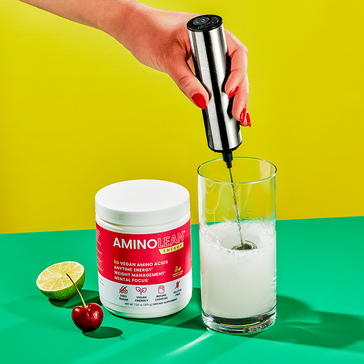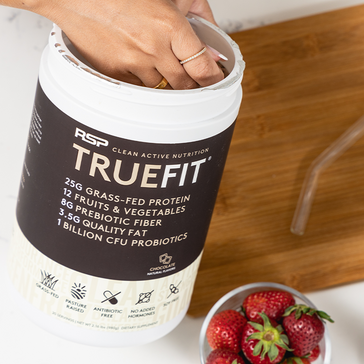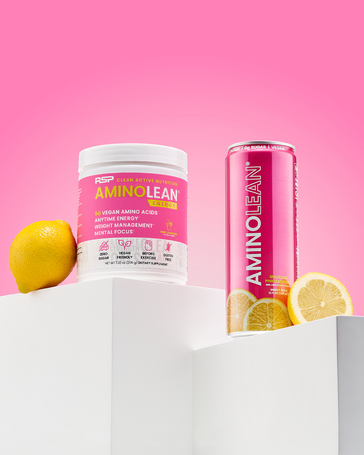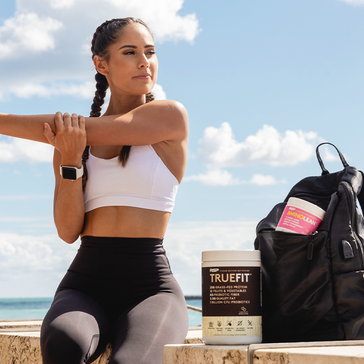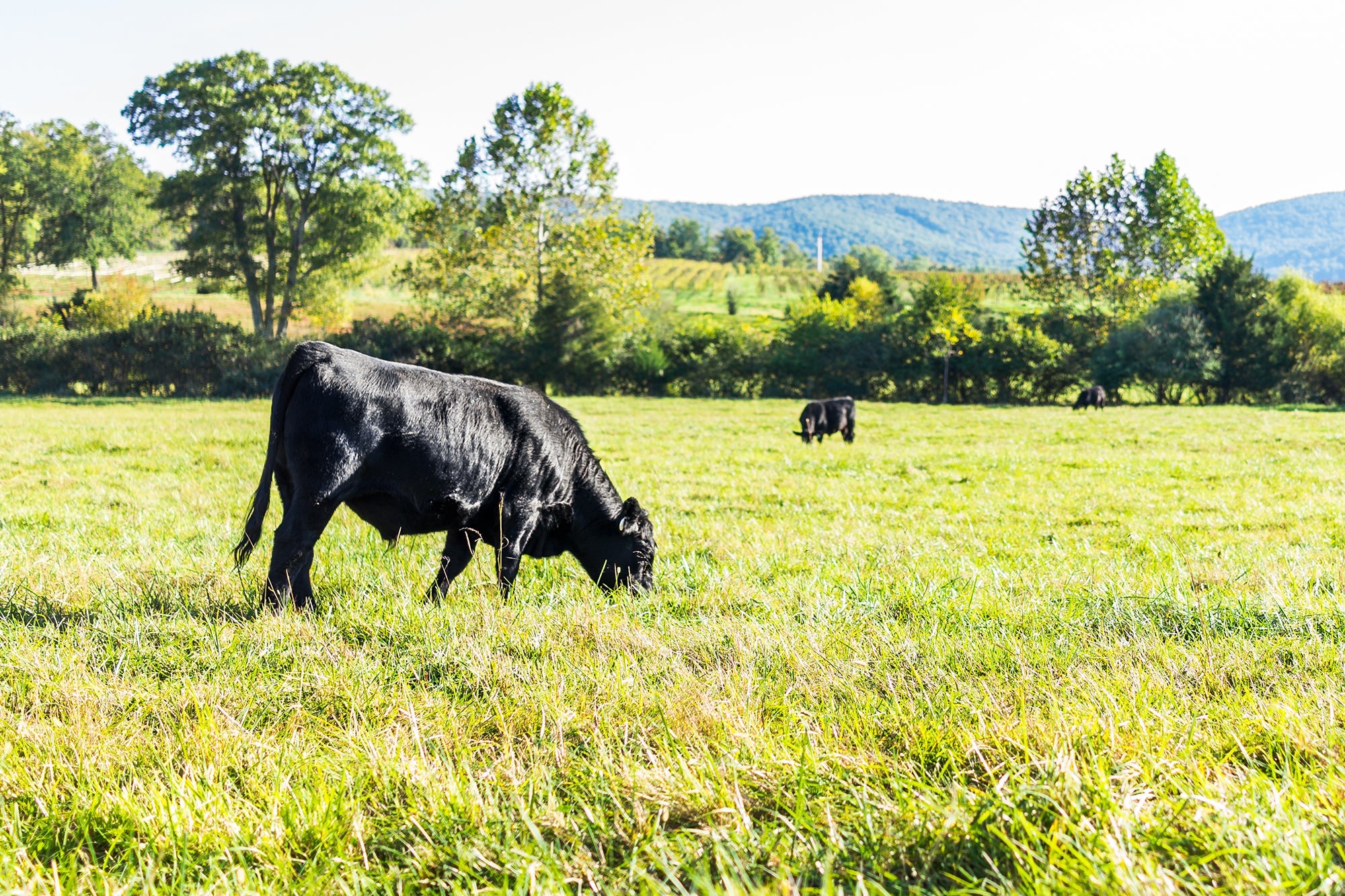Protein intake is an absolute necessity for sustaining life and proper function for carnivores to vegans alike, and everybody in between. Whether you want to lose fat, build muscle or just be healthy human, protein plays a vital role.
That being said, we know you have a lot of different protein options. Land to sea. Plants to animals. With each offering unique benefits as well as some potential drawbacks. We also know that choosing the right kinds of protein can be difficult.
So we partnered with Monica Auslander Moreno, MS, RDN, the founder of Essence Nutrition, to present you with a two part series on one of the best-studied supplements in the world: Whey Protein.
Whey protein is a popular supplement in both the fitness industry and clinical nutrition, but also exists in a natural form in food (dairy products). If you’re curious about whether whey is appropriate for YOUR needs - read on.
- The RSP Nutrition Team
|
by Monica Auslander Moreno, MS, RDN Yes Whey or No Whey?How do I love thee? Let me count the WHEYS…. There’s been a lot of discussion recently, sometimes virulent and emotionally charged, about whey protein. The truth is - like many things applying to the human body - it will be a matter of what works best for YOUR body, not ALL bodies. The human body is an intricate matrix of cells, genes, metabolic factors, and environmental factors, and foods / supplements for one individual may be ideal or detrimental for another. Whey is no exception. What is Whey?Whey is a water-soluble protein found uniquely in dairy products – milk, butter, cheese, yogurt, cream, etc. It’s ‘naturally’ in liquid form after a dairy product has been strained or curdled. During processing whey into a powder (used commonly as a dietary supplement), the liquid milk is separated into solid curds (casein) and liquid (the whey). In cow’s milk (goat and sheep are different), whey constitutes 20% of the protein, the rest resides as casein. Whey is different than lactose, which is the carbohydrate sugar found in dairy products. Lactose is not a protein. Whey contains all essential amino acids – types of protein your body needs to obtain from exogenous sources. Studies have shown that these proteins tend to be quicker and better absorbed when in whey protein form and contribute to muscle growth. Whey’s often cited “darling” amino acid is leucine (whey is 11% leucine). Leucine is one of three branch-chain amino acids (BCAAs) that facilitates muscle protein synthesis (MPS) by activating a gene transcriptor factor called mTORC1 complex. BCAAS also decrease exercise-induced protein degradation and/or muscle enzyme release (muscle damage); mostly likely via hormonal regulations. In addition to leucine, whey is rich in cysteine, another amino acid which the body uses to synthesize glutathione - an antioxidant implicated in robust immune system functioning. Types of Supplemental WheyThe decision to include a supplement in one’s diet should be meticulous. Nutritional, psychological, financial, medical, and social reasons can all contribute towards the selection of a whey protein supplement. Whey protein can be beneficial, but is not necessary for every single individual – a physician or dietitian can assist in defining how a whey protein supplement can best be appropriate for someone. We embrace the reality that sometimes a “food first” approach isn’t always sufficient or appropriate, and whey protein can be a bridge to health and fitness goals in these instances.
How Whey Works In Your BodyWhey is noted to be very bioavailable in humans -- bioavailability relates to the amount of nitrogen used and excreted by your body after you ingest a source of protein. Whey scores quite high, especially when compared to other protein sources.  It is important to note that ALL proteins have the potential to stimulate muscle protein synthesis. However, ideal/maximal MPS is likely a complex mechanism involving total amounts of essential amino acids circulating in the blood/body, timing, genetics, and other complex factors, which is why individual responses to proteins may vary. Research DOES support that whey protein triumphs over soy and casein proteins in MPS. If you're using a vegan protein powder because of an intolerance, allergy, or a personal decision to avoid animal product -- that is a clear and justifiable need for an alternative to whey. Of course, personal taste can be a factor as well. Some people find they enjoy “switching” between different varieties of proteins regularly. |
We hope you enjoyed part 1 of our series and now have a better understanding of what whey is and how it is different from other kinds of proteins. Stay tuned for part 2 of our series which will discuss:
- The relative benefits of whey protein from grass fed cows
- Why whey is ideal for active lifestyles
- Finding the right amount for you
- RSP TrueFit
Sources:
https://jissn.biomedcentral.com/articles/10.1186/s12970-018-0242-y
https://jissn.biomedcentral.com/articles/10.1186/s12970-017-0177-8
https://www.ncbi.nlm.nih.gov/pmc/articles/PMC5372973/
https://www.ncbi.nlm.nih.gov/pmc/articles/PMC4769025/
